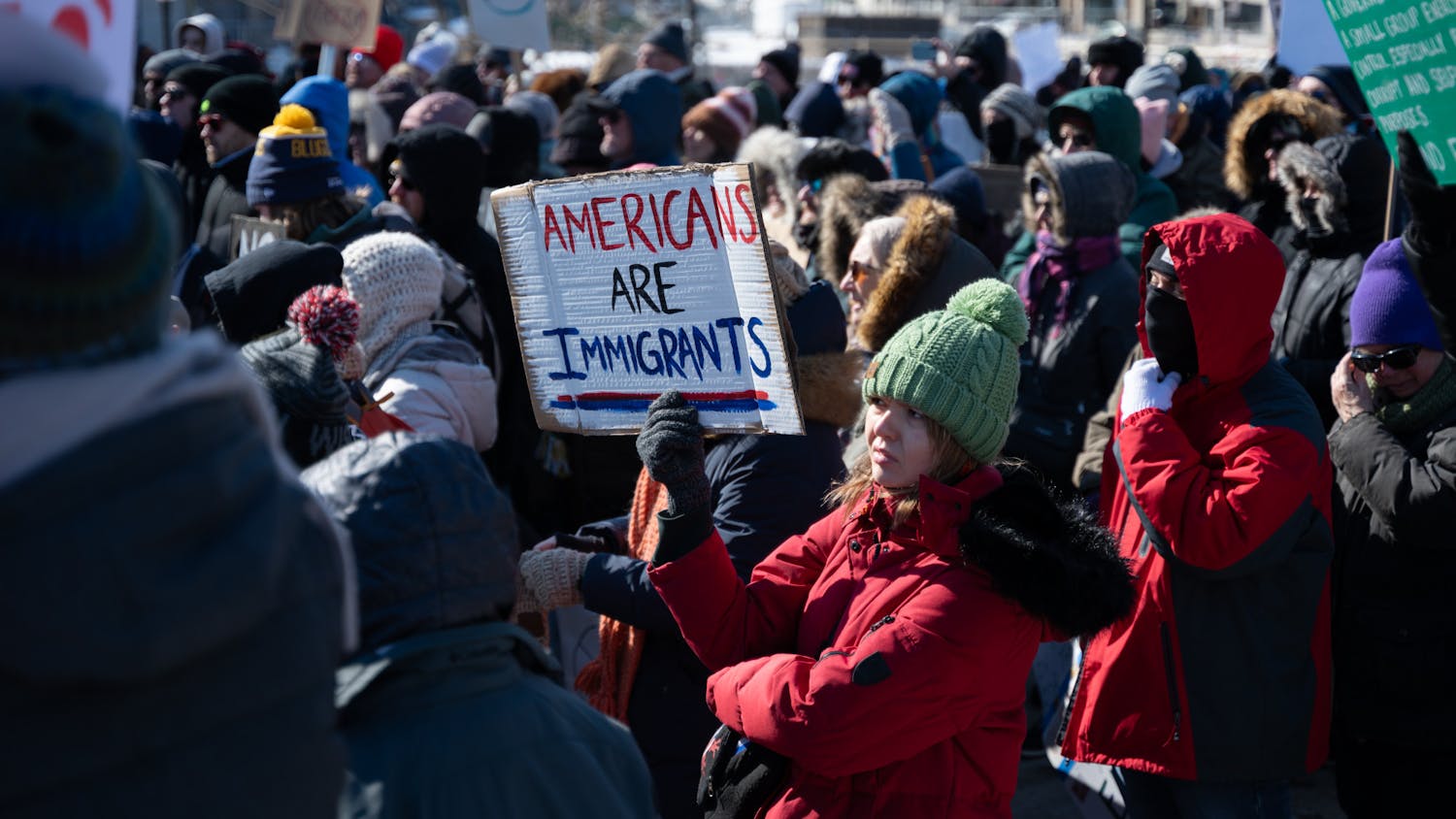Today Gov. Tony Evers announced his commitment to join the U.S. Climate Alliance to include Wisconsin in the fight for sustainability and against the implications of climate change.
The alliance is comprised of bipartisan governors across the states who oppose President Donald Trump’s intent to pull out of the Paris Climate Agreement. To demonstrate their support for taking action against climate change, members of the coalition commit to fulfilling the Paris Climate Agreement requirements on a state level.
Gov. Evers believes Wisconsin will be able to do this while simultaneously growing their economy.
"It's a new day in Wisconsin and it's time to lead our state in a new direction where we embrace science, where we discuss the very real implications of climate change, where we work to find solutions, and where we invest in renewable energy," said Gov. Evers.
Lt. Gov. Mandela Barnes expressed the value of contributing to this initiative because of the often overlooked inequalities that climate change poses for groups of color and rural communities across the state.
"For far too long clean energy hasn't been a priority in our state and we're going to change that," said Lt. Gov. Barnes. "We're also going to focus on better understanding how climate change is disproportionately affecting communities of color and how it's impacting our farmers and the most rural parts of our state."
Gov. Evers commitment to the U.S. Climate Alliance is not the only environmental justice program he has pushed for this week.
Monday he addressed the quality of drinking water in Wisconsin, proposing an increase of almost $70 million for the upcoming budget to reduce water pollution and fix lead pipes.
This new proposal follows the promise the governor made in his state of the state speech. He declared 2019 as the “year of clean drinking water in Wisconsin” and promised to create federal funding for someone in the Department of Health Services to pursue lead pipe treatment programs.
“According to the U.S. Environmental Protections Agency, we have an estimated 176,000 lead service lines across our state,” Evers explained during the speech. “Removing lead services lines could cost over 2 billion dollars, but Pew Charitable Trusts estimates that for every dollar we spend on replacing lead drinking water lines would see a 133 percent return on our investments.”
Not only he is tackling the drinking water problem, but he also plans to invest another $300,000 for water management and manure-spreading restrictions across Lake Michigan.
It is still unclear whether his proposal for water contamination will be able to survive because a majority of seats in the legislature are Republicans, who are unlikely to approve Evers’ budget. However, with his new funding, Gov. Evers intends to make an impact across the state.
The extent of the water contamination reaches Madison as well. There are two wells with increasing levels of PFAS chemicals which are not safe amount for drinking. Vulnerable residents who live near from the wells are exposed to the health risks of water contamination. In order to lower the risk, the health officials need to set the safe level amount of PFAS for drinking water.
According to Madison Water Utility, PFAS, or Perfluorinated Compounds, are chemicals are used in food packaging, stain resistant clothing, firefighting foams and nonstick cookware.
“The task force should expand and continue the use of the Water Utility’s PFAS email listserv, provide opportunities for citizen participation, and of course will continue to adhere to publicly accessible meetings and reporting about the task force’s discussions, conclusions and recommendations,” Madison Mayor Paul Soglin said in a statement.
“Madison Water Utility did not cause this problem, but they will be willing participants in finding a solution which will assure the continued availability and delivery of safe water for all residents of the city,” Soglin said.
Evers’ strategy for tackling the water contamination problems go further than just one-time cleaning, rather he wants to sustainably keep the quality and management of water so all residents can have equal access to drinking water.
Evers will present this proposal, and likely alongside others revolving around environmental sustainability, in the upcoming weeks during his first budget.
State News Writer






